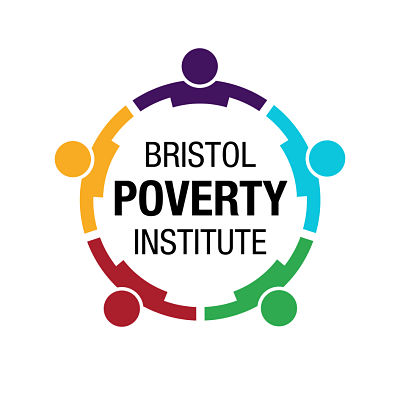We are pleased to announce that Tigist Grieve has been awarded funding from the GCRF for a new project entitled "Consciousness raising: Pre-service engagement to enhance the role of teachers as change agents to improve female students’ experience of learning". This is in collaboration with colleagues from Kotebe metropolitan University (KMU), Addis Ababa, Ethiopia.
This impact project is aimed at bringing positive changes in rural girls schooling experiences through intervention at pre-service teachers. The project builds on previous research including Tigist Grieve’s 2017 GCRF project ‘Engaging and responding to local voices: the case of children's schooling in rural Ethiopia and the implication for development theory and practice’.
The project will engage with locally identified challenges (rural girls high dropout rate and incompletion due to poor experience of schooling environment including violence) aligned with the Sustainable Development Goals (SDGs). The activities will develop the capacity of trainee teachers to deliver educational materials in gender sensitive ways as well as enhancing their capacity to create and maintain girls friendly schooling environment. This will directly contribute to critical aspects of challenges identified by Ethiopia (ESDP). This also corresponds with at least three SDGs: #4 (education),#5 (equity), and #17 (collaboration and partnerships). In addressing these SDG goals, the project will contribute to both economic and social developments of Ethiopia and towards the ESDP set aspirations of Ethiopian government economic development and welfare of its people. The solutions proposed in this project are identified and shaped by KMU colleagues in collaboration with Tigist Grieve. In longer term their plan is to explore engagement opportunities with other relevant institutes including universities, schools, community organisations etc on issue of girl friendly schools as a way of addressing the persistent challenge of school incompletion and poor trajectory of educational progress by girls.
